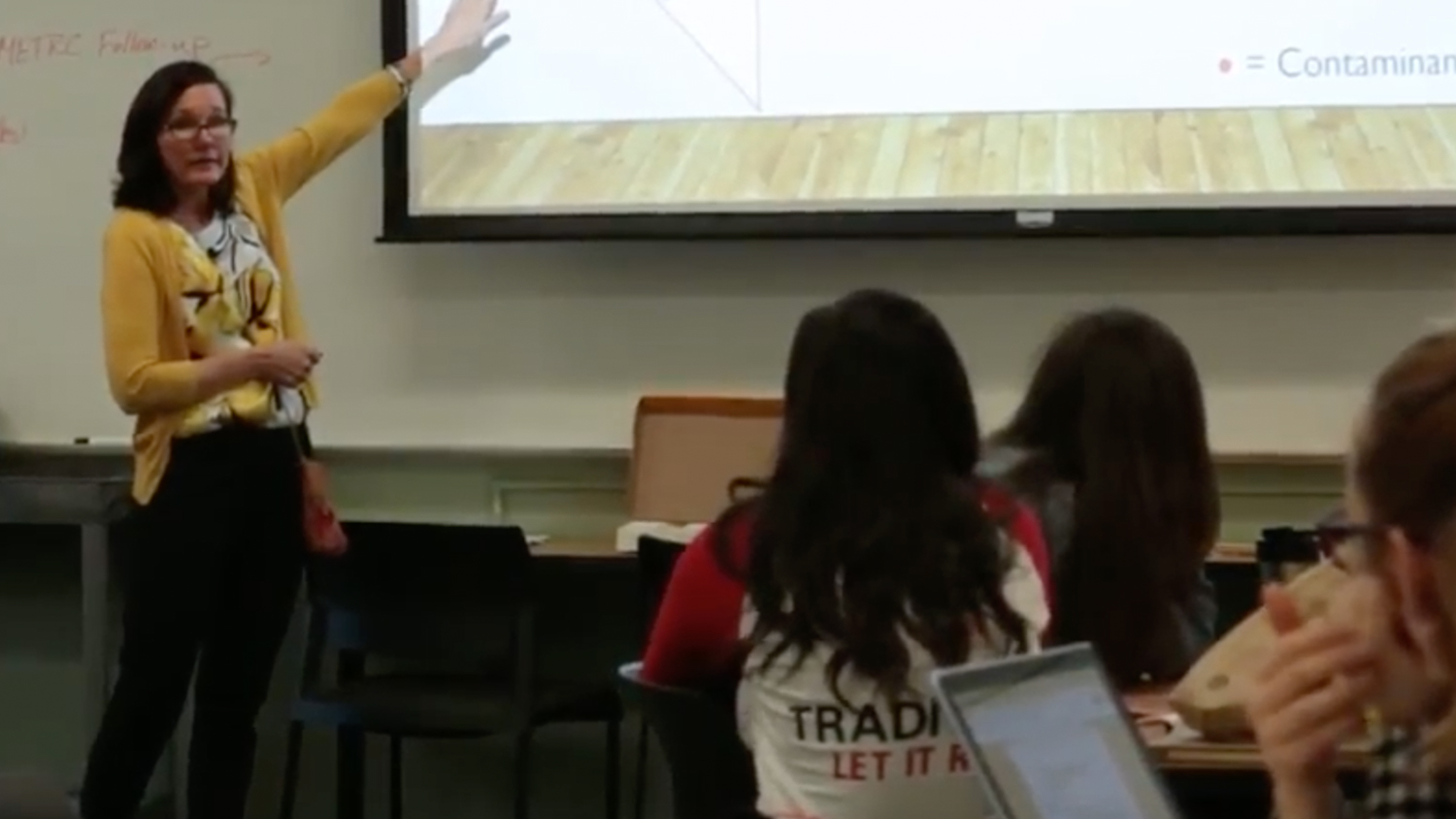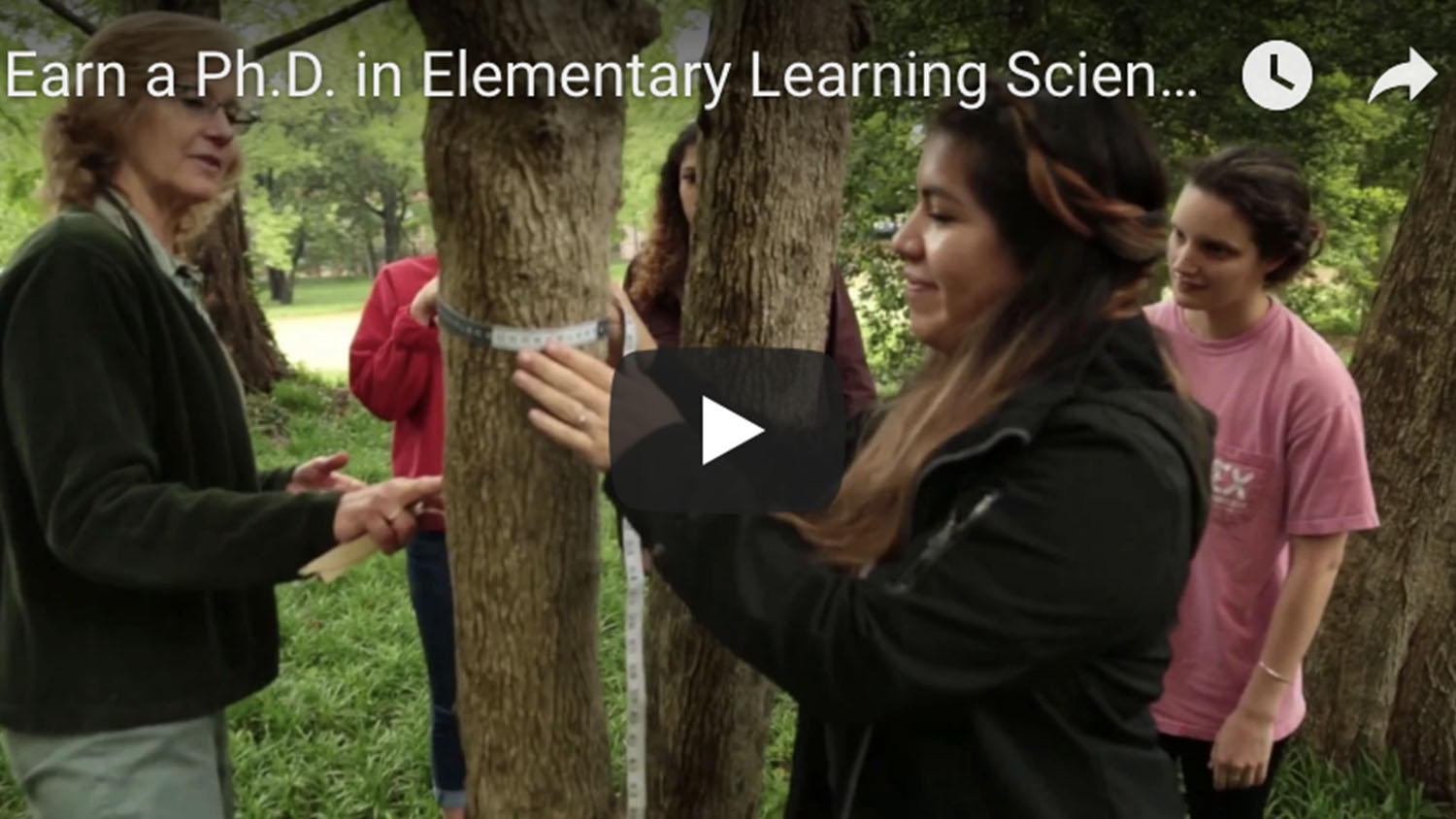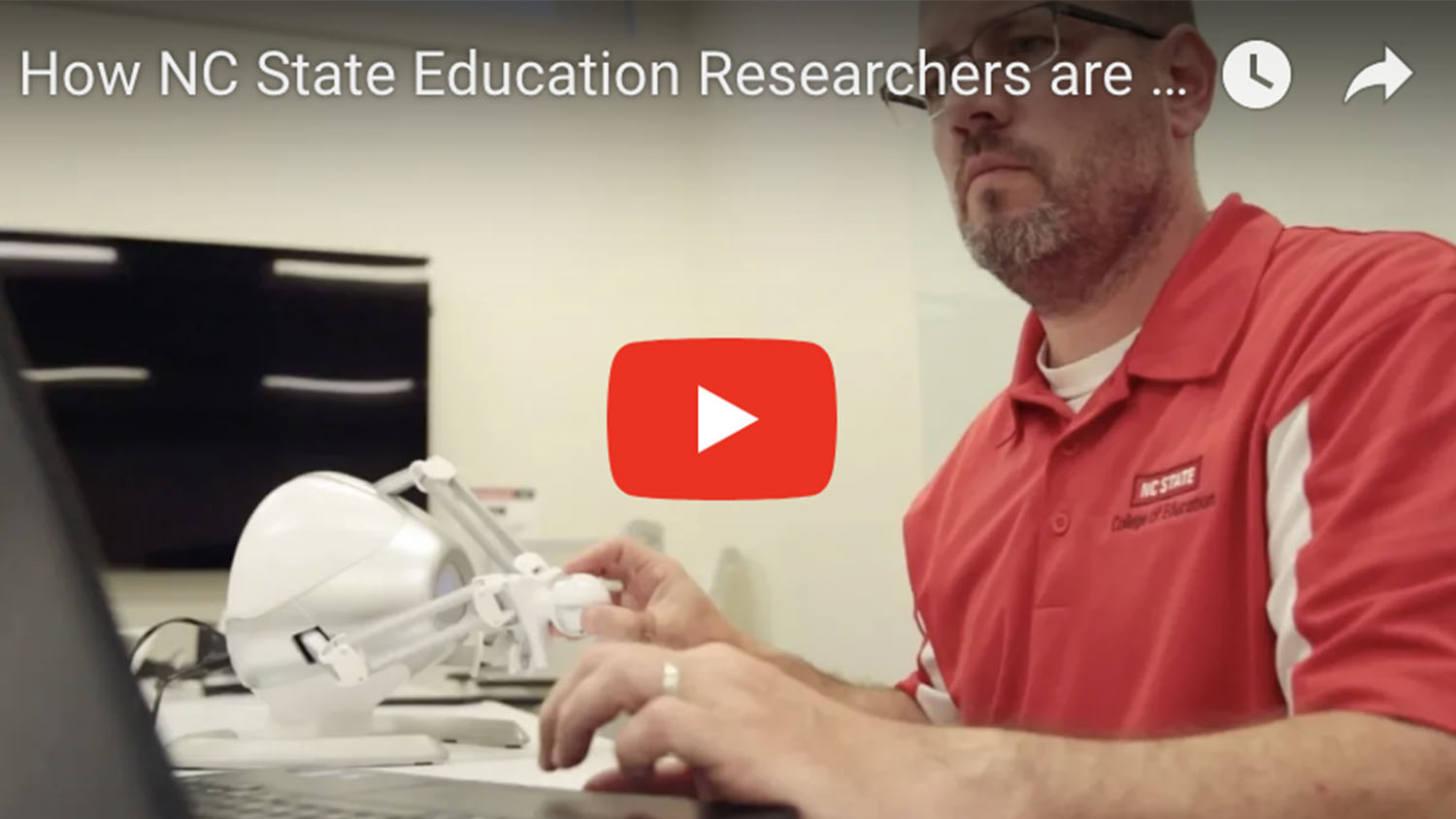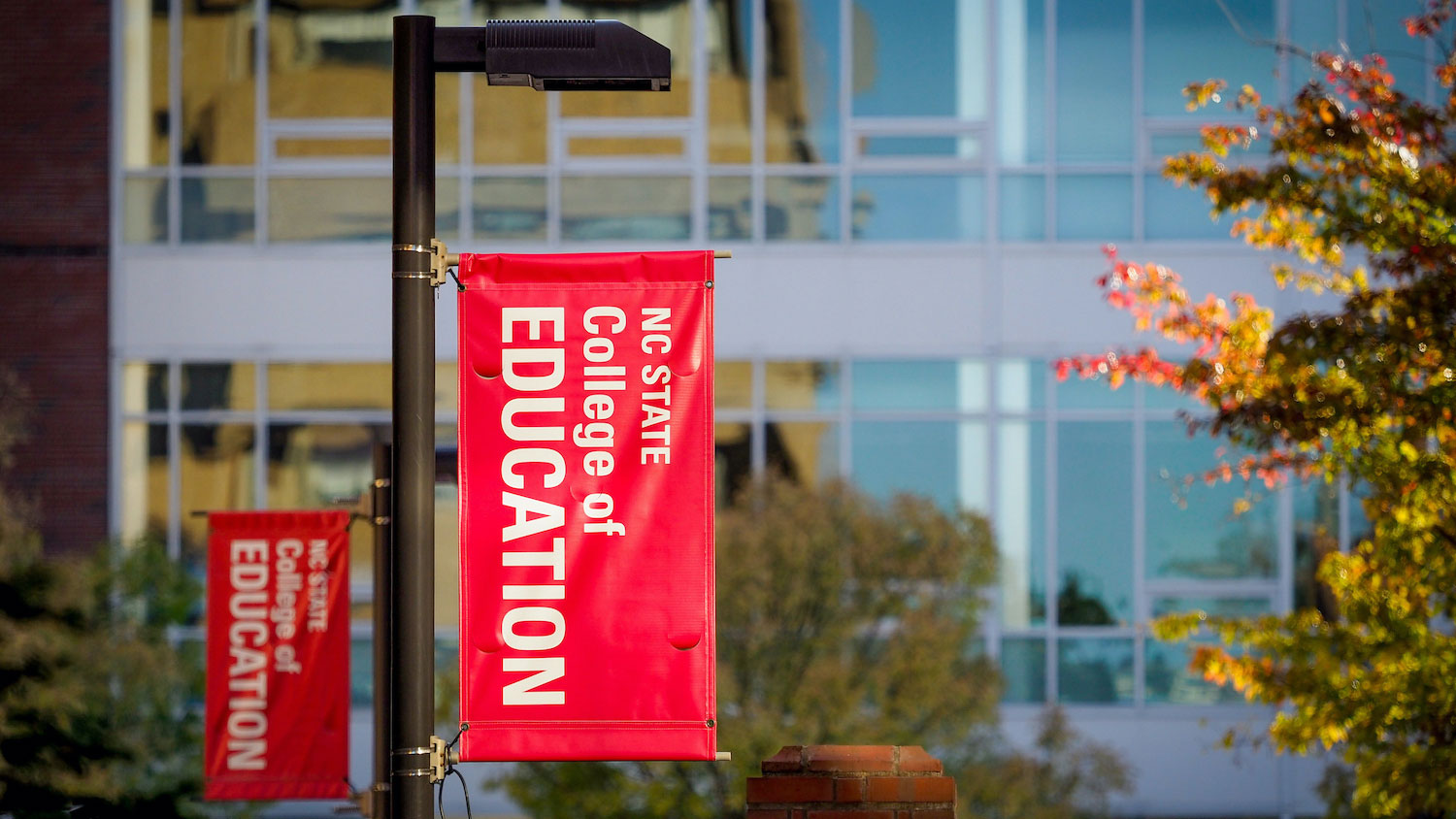Earn your Ph.D. and prepare to be a scholar leader in Elementary Education in Mathematics and Science (EEMS).
Brief Description
The doctoral concentration focused on Elementary Education in Mathematics and Science (EEMS) aims to prepare scholars with expertise in elementary mathematics education OR elementary science education who are committed to improving opportunities to learn for elementary aged children. Students in the EEMS program engage in coursework, research studies, and practical experiences that deepen their knowledge and understanding of teaching and learning, specifically focusing on children’s and teachers’ learning in mathematics or science. Students benefit from collaborating with program faculty who are nationally recognized scholars actively engaged in research on children’s and/or teachers’ learning.
Concentration Details
CONCENTRATION DESCRIPTION
The concentration in EEMS provides opportunities for highly qualified individuals interested in researching, designing, and improving elementary-level learning environments. Although students in the EEMS concentration primarily focus on one discipline (mathematics or science) throughout their doctoral studies, coursework and other opportunities are structured such that students explore and analyze the cross-disciplinary connections among all the core content areas. By nature, elementary schools are interdisciplinary. The cross-disciplinary nature of the EEMS concentration allows faculty and students to leverage the natural setting of elementary schools. Additionally, research and experiences in the EEMS concentration are not limited to formal “brick-and-mortar” learning environments but also include informal learning environments (e.g., home, museums, outdoor education).
The EEMS concentration builds on the successful work of NC State’s undergraduate elementary teacher preparation program and the elementary education master’s program. Together, the programs form a cohesive line of research, development, and instruction across all university-level degrees.
ADMISSIONS REQUIREMENTS
- Completed application to the NC State Graduate School
- Unofficial transcripts from undergraduate and any graduate programs
- Resume or curriculum vitae
- Personal statement
- Your interest in obtaining a Ph.D. at NC State
- How you plan to leverage your prior experiences to inform your research/educational interests.
- Particular faculty in the EEMS concentration with whom you want to work and why.
- How this degree will help you pursue your career goals now and in the future.
- The unique contributions or special interests you bring that will enhance your doctoral studies.
- Letters of recommendation (3)
- At least one should be from a professor or someone who can comment on academic experiences and/or research experience/preparation for a PhD.
- Recommendations from friends and family members are highly discouraged.
- GRE scores are NOT required.
- Please do not send or upload your scores on the application portal.
COURSE OF STUDY (60 credit hours beyond master’s degree)
The full program is available in the university catalog. Course descriptions can also be found in the catalog.
- College of Education Core (6 credit hours) – In consultation with their advisor, students may select other courses to meet this 6 hour requirement
- ED 755 Scholar Leader: Diversity and Equity in Schools and Communities
- ED 756 Scholar Leader: Systemic Change in Education
- Research Methods (15 credit hours)
- ED 710 Applied Quantitative Methods in Education I
- ED 711 Applied Quantitative Methods in Education II
- ED 730 Introduction to Qualitative Research in Education
- 2 other research methods courses of choice and in consultation with advisor
- TELS core (6 credit hours)
- ECI 735 Seminar on Teaching and Teaching Education
- EEMS Core (12 credit hours; choose 4 of 5)
- ECI 709 Curriculum Histories & Equity in Elementary Mathematics & Science Education
- ECI 709 Seminar on Conducting STEM Education Research
- ECI 723 Elementary STEM Learning in Informal Settings
- ECI 724 Professional Learning in Elementary STEM Education
- ECI 726 Action and Cognition in Elementary STEM Teaching & Learning
- Electives (12 credit hours)
- Chosen in consultation with advisor
TUITION AND FEES
Review the Estimated Cost of Attendance for information on tuition and fees set by the university. Students are funded through a variety of opportunities, some of which cover tuition. Stipend and length of appointment varies depending upon funding source.
- Graduate Research Assistantships: Research assistantships are awarded to students working with a faculty member on an externally-funded research grant. Individual faculty select students for these awards.
- Teaching Assistantships: Teaching assistantships are awarded to students with applicable experience to teach undergraduate courses or supervise preservice teachers. Students are selected based on department needs.
- College Fellowships: Offices in the College of Education regularly offer assistantships for research and teaching positions. These are announced each spring.
- University Fellowships: The Graduate School offers several fellowships for new students, including the University Graduate Fellowship and the Provost’s Fellowship. The Director of Graduate Programs nominates applicants for these awards.
- External Fellowships: Applicants are encouraged to apply for fellowships from the National Science Foundation and other national programs.
Eligible students may receive coverage of their tuition and health insurance through the Graduate Student Support Plan (GSSP). Opportunities vary in: stipend amount; length of appointment; research/teaching area that is your focus; technical, research and teaching skill required.
All applicants are automatically considered for funding opportunities that require department nomination. To express interest in being considered for other departmental funding, please complete the TELS Funding Interest Form.
FACULTY
CURRENT STUDENTS AND ALUMNI
To learn more about our current students and alumni in the EEMS concentration, click here.
Study at one of the world’s best colleges of education
#1 in North Carolina among colleges of education in active research activity (U.S. News)
#30 ranked college of education in the nation (U.S. News)
#60 in the world in education and educational research (U.S. News)
Hear From Our Concentration Faculty
“I’ve already had experience learning how to write grant proposals….I’ve worked with students that are going into teaching…This program is preparing me for my future in academia.”






